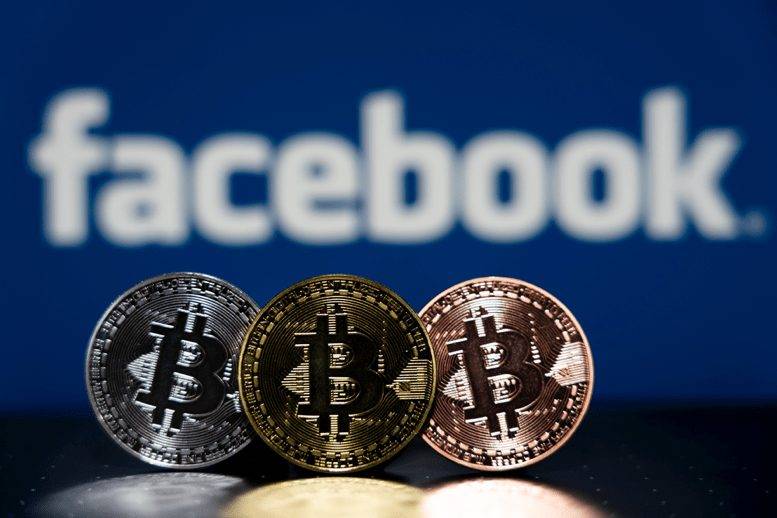Facebookers Are Already Using Libra To Scam Their Fellows

Before the cryptocurrency’s official launch and pending regulatory finalizations from authorities, Libra is already a mighty scam weapon on Facebook. The social media platform is literally swamped with dozens of accounts, pages, and groups wittingly posing as official venues for the upcoming digital project.
What’s more, some of these pages are already offering users deals to sell Libra at ridiculous prices. To put the extent of these scams into perspective, Libra might not launch until the second half of next year. According to a Washington Post investigation, the hoaxes are all over Facebook and are even migrating to Instagram.
According to the reports we are getting, a multiplicity of the pages are using Facebook’s logo, Libra’s marketing imagery and even photos of Mark Zuckerberg himself. Some of the internet desperadoes promise users discounts on the virtual currency on the condition that they visit third-party websites. Well, that’s not entirely strange.
A good number of the fake pages and accounts have hundreds of followers, while others are presenting production values high enough actually to lure an unsuspecting user into dealing. This spurs worries as to whether Libra’s early adopters will have to worry about the same caliber of disinformation and frauds.
Though the crypto industry is not new to the escapades of these financial charlatans, concerns are raised the more about Libra’s trustworthiness, even if the project itself may not have anything to do with these scams.
The social media giant, which seemingly no one uses anymore, is not suffering crypto-related scams for the first time. It recently had to give consented to a USD 3.7 Mn settlement in a case with Martin Lewis. The UK personal finance website (MoneySavingExpert) founder had to be compensated with that large sum after crypto ads bearing his face appeared on Facebook.
Facebook apparently does not allow crypto ads from advisers that have not been pre-approved. It was recently that the platform chose to go soft on restrictions, allowing more general crypto and tech-related news to feature.
A Facebook spokesperson responded to the Washington Post investigation, saying: “Facebook removes ads and pages that violate our policies when we become aware of them, and we are constantly working to improve detection of scams on our platforms.”
The proliferation of scams on YouTube, Twitter, and other platforms, which the Washington Post writes is “a sign that disinformation around Libra could quickly spiral beyond Facebook’s control”, but also Facebook’s inability to detect them on its own, “could undermine Facebook-backed efforts to inspire confidence and satisfy the regulators now scrutinizing the newly proposed global currency.”
Image Courtesy: Cryptocurrency News